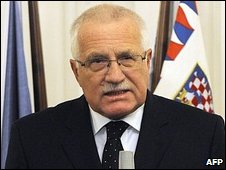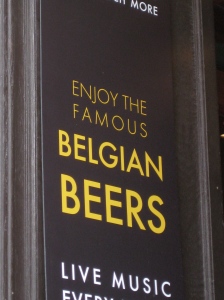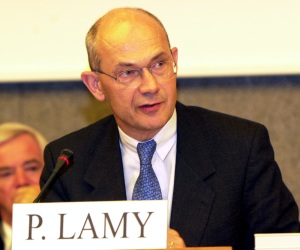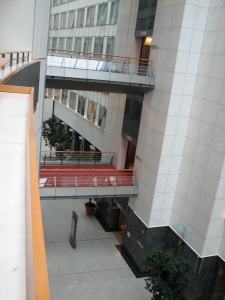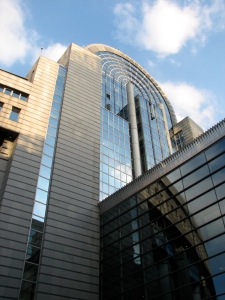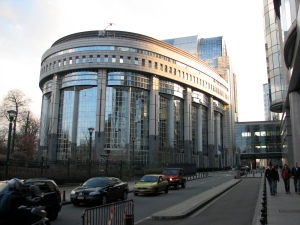Czech President Vaclav Klaus made headlines today when he signed the European Union’s Lisbon Treaty. The Czech Constitutional court ruled earlier that the treaty did not conflict with the Czech’s constitution. The Czech Republic made headlines last year when their government fell while the Czech Republic held the rotating EU Presidency.
Europeans negotiated the Lisbon Treaty for almost a decade.
The Czech Republic is the last country to ratify the Lisbon Treaty. The Irish and Czech had EU officials sweating all last year when they failed to approve the treaty.
Many countries requested opt-outs over social issues such as gay marriage and abortion. Britain won assurances that EU law would not prevail over its own legal system.
President of the European Commission José Manuel Barroso welcomed the evening’s decision, comparing the Lisbon Treaty’s journey to a marathon.
“I would like to congratulate the Swedish Presidency on a job well done. It has been hard work getting everyone to agree, but tonight we have cleared the last political hurdle. This is a very important agreement”, said Mr Barroso.
So what does all this talk about Lisbon mean for Americans?
The Lisbon Treaty aims to give the EU more foreign policy force. Europeans will be able to speak with one voice–even if not everyone likes it. The treaty will replace the EU Constitution and aims to streamline the workings of the complicated EU. In addition, the EU will be able to approve more decisions by majority vote rather than unanimity.
According to writer Soeren Kern in an article written on October 16 in World Politics Review, “In the United States, there are currently two main schools of thought vis-à-vis the Lisbon Treaty. On the one hand, there are many analysts on both sides of the political spectrum who believe that European unity is a generally positive development for the United States. This view is based, among other things, on the idea that in a globalized world, the United States needs a strong partner in Europe in order to effectively tackle global problems such as climate change, terrorism or organized crime.”
On the other hand Kern also writes that some American analysts are hostile to further European unification, largely because they suspect that the main motivation behind the Lisbon Treaty is an attempt to “counterbalance” the United States. They say that a more powerful EU is not in the U.S. interest because its main raison d’être will be to limit America’s freedom for global action, especially in the military realm.
So will Lisbon strengthen transatlantic ties? Will it make Europeans a stronger American partner from across the Atlantic?
Ultimately, Lisbon is likely to be good for trade. It may increase our trade partnerships with Europe because American companies could get products approved through a single entry-point rather than through all 27 countries. This has already happened in some cases, but not for critical products like pharmaceuticals.
Europe is already a critical partner for the fight against terrorism and global warming. We need Europe and Europe needs us even if we tend to fight the partnership. The Lisbon Treaty marks the beginning of an exciting time in transatlantic relations.
If you’d like more background on the Lisbon Treaty, the BBC has a great overview here: http://news.bbc.co.uk/2/hi/europe/6901353.stm
Coming up: On Friday, November 6, US Secretary of Homeland Security Janet Napolitano will meet the Parliament’s US delegation and the Civil Liberties Committee, followed by a press conference.

